Are coffee grounds for citrus trees a good idea? There may have been times when you would have felt guilty about throwing the used coffee grounds in the trash.

Even though using coffee grounds for citrus trees is much more common now, it is important to know everything about them.
If you are in the middle of doing something, we suggest you grab a seat as we unfold the why, when, and how.
JUMP TO TOPIC
Are Coffee Grounds Good for Citrus Trees?
💥 Coffee grounds are good for citrus trees as they improve the soil structure over time. Citrus trees are a favorite and common addition to any family’s garden or landscape. You may choose to grow limes, green lemons, or oranges; your primary concern is keeping the trees healthy and robust.
What Are the Benefits of Adding Coffee Grounds to Citrus Trees?
The benefits of adding coffee ground to citrus trees are two basic factors. First and foremost, coffee grounds are very nutrient rich so they improve the soil. They also have an acidic pH level that is suitable for citrus trees.
– Nutrient-Rich
Coffee grounds make a great add-on to the citrus tree care routine. They are loaded with nutrients that the citrus trees need to thrive, including nitrogen, phosphorus, potassium, calcium, magnesium, boron, copper, iron, and zinc.
The most important nutrient is nitrogen, which is only two percent of the weightage. It does not appear like a lot, but it makes up for it quickly when added to the soil.
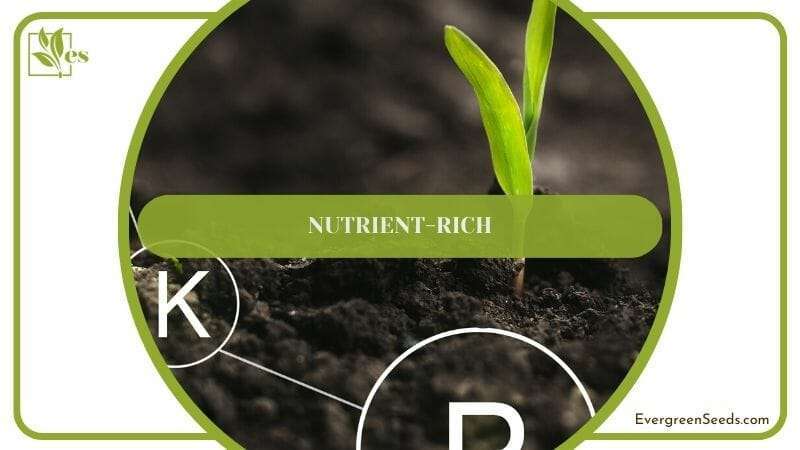
Nitrogen is one of the primary key nutrients that plants need, as it, along with phosphorus and potassium, makes the ever-famous NPK fertilizer.
Citrus trees, being heavy feeders, need double the amount of nitrogen as compared to other trees. Therefore, coffee grounds greatly boost the tree’s nutrient requirements.
Furthermore, nutrient enrichment helps with water retention and temperature regulation.
– Acidic pH
Like most other plants, citrus trees thrive in slightly acidic soils. An acidic soil helps to dissolve the nutrients into the soil to make them reachable to the roots at a much quicker rate.
Fortunately, coffee grounds are reasonably acidic but must be in a brewed or composted form first to remove any excess acidity and caffeine content.
Use a pH meter or strips to find out the soil’s pH. If your citrus tree’s soil pH is fairly acidic, consider incorporating alkaline materials, like powdered lime. Similarly, if the soil’s pH comes out to be alkaline, consider acidic modifications like sand and, for obvious reasons, coffee grounds.
Do Lemon Trees Like Coffee Grounds?
Lemon trees definitely like coffee grounds – albeit in a decomposed form. Fresh coffee grounds have a high caffeine content that can damage young and mature lemon trees. When broken down properly, coffee grounds make an excellent fertilizer that offers many benefits to the trees.
You must add the coffee grounds to your compost heap. Composted coffee grounds are high in nitrogen and calcium; the two most demanded nutrients by lemons. Furthermore, they help maintain the acidic soil level required for the tree’s optimal growth.
Coffee grounds and compost should be added to the lemons in spring. This is when the trees grow noticeably and can use all the nutrients they can get. However, if your coffee grounds are fully mature, they can be added to the soil in any season. Pick whichever season suits your tree variant.
Be very mindful of how you add them. They need to add ten to twelve inches away from the trunk, and the layer should not be more than one to two inches thick; this goes for both young and mature trees.
To help dilute the caffeine residue, cover the grounds with a layer of soil. Watering immediately will help the nutrients released into the soil, where it would be much easier for the roots to access them.
Can You Add Coffee Grounds to Fruit Trees?
You can add coffee grounds to fruit trees’ soil with a clear conscience. Coffee grounds are rich in nitrogen and make a great tree fertilizer for fruit-bearing trees. They also improve aeration and soil drainage as well as benefiting the pH.
– Brings Down the Soil PH
Coffee grounds lower the soil pH or increase the soil’s acidity, but this is the case for unwashed coffee grounds. A newly ground coffee promotes acidity.
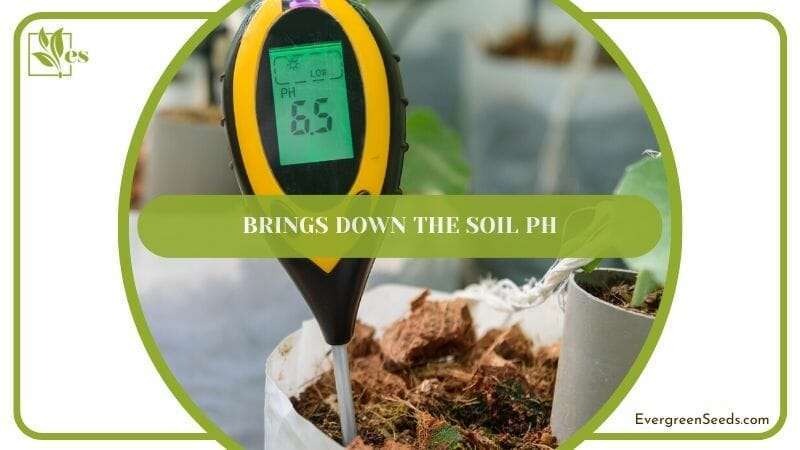
Used coffee grounds do not affect the soil’s acidity if you rinse them, as then they attain a neutral pH.
– It Acts as a Slow Release Fertilizer
Coffee grounds release nutrients slowly into the soil, making it an effective fertilizer. Used coffee grounds are rich in nitrogen and low in phosphorus, potassium, and other micronutrients. All of these nutrients are essential for promoting the plant’s health. Instead of using 0-0-60 fertilizer or 46-0-0 fertilizer, you can try coffee grounds at the beginning.
– It Can Be Used as Mulch
Shredded leaves and coffee grounds make great mulch for gardening purposes. This helps prevent water evaporation from the soil and keeps the heat locked-in in the winter season.
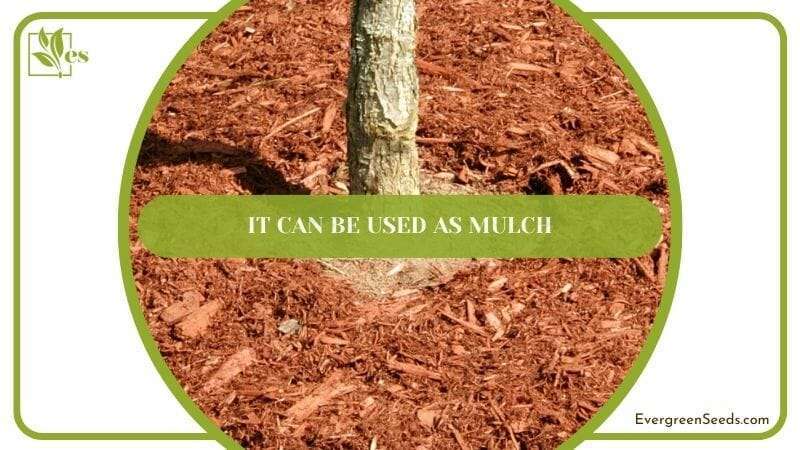
It also helps the soil to remain cool in summer and suppresses weed growth.
– Promotes Water Retention
Coffee grounds are a kind of organic matter, which means that the addition will help the soil retain water and improve the plant’s health.
Since soil cannot remain moist for long after rain or irrigation, this characteristic will benefit plants that like to grow in moist soil. A soil that can retain water well will have less watering needs.
– Attracts Earthworms
Using coffee grounds directly in the soil or compost can cause a considerable increase in the number of earthworms as they are a popular food item for worms.
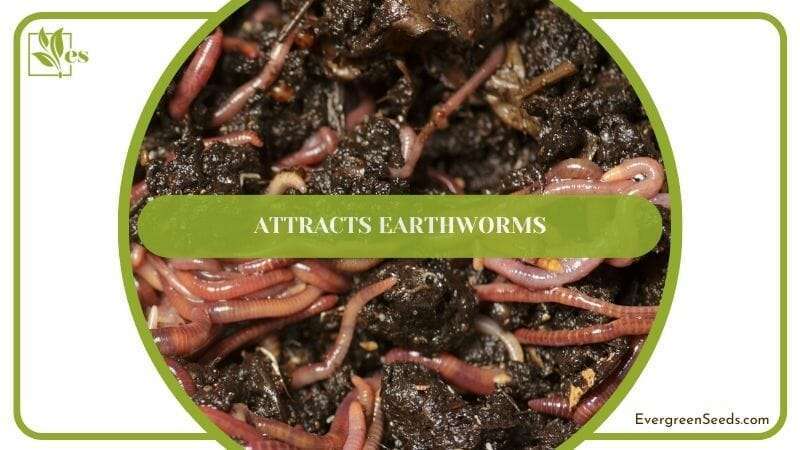
Your garden can always have a few earthworms for your plants to have a healthy root system and to aid the composting process. Coffee grounds also repel gnats so this is a win-win situation.
How Much Coffee Grounds Are Good for Citrus Trees?
How much coffee grounds are good for citrus trees is tricky as too much is detrimental. Coffee grounds are generally good for citrus. Giving your citrus coffee grounds will give it a nutrient boost now and then, but it should be at most fifteen percent of the total soil’s volume.
This is necessary for potted trees since they grow in a constrained environment compared to those in your garden and backyard. It would be a good idea to closely check the soil’s pH level and monitor the acidity level side by side. You should add the grounds if the soil is already fairly acidic.
How Can Coffee Grounds Be Used on Citrus Trees?
Brew the coffee grounds as you would do usually before going ahead and adding them directly to your citrus trees. This step removes excess caffeine and acidity. There are two methods that you can use to add the grounds to the plant’s soil.
– Directly to the Soil
If the coffee grounds are under two cups, you can apply them in a thin layer directly on the city tree’s soil.
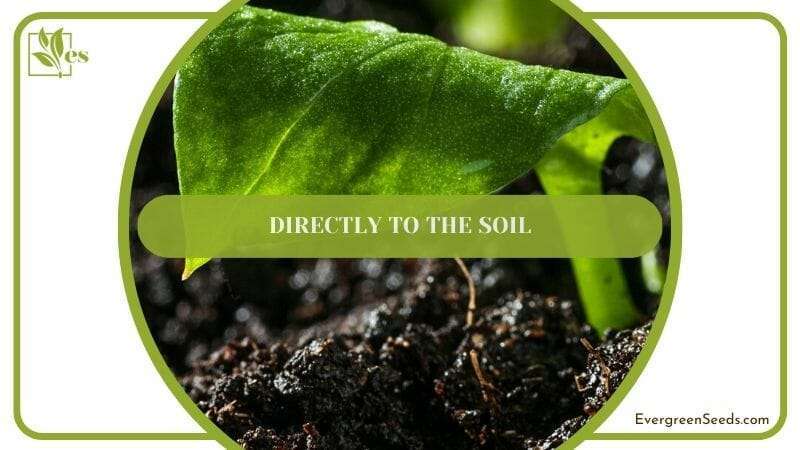
The layer should be half an inch high and placed at least three inches away from the trunk. This step will lead to better aeration and exposure to sunlight, lessening the chance of mold formation and affecting your trees.
It is important to note that high caffeine levels can be detrimental to advantageous insects like earthworms and pollinators. Since plants naturally use caffeine to ward off insects, avoid adding too many coffee grounds to the beneficial insect places. In such cases, a safer option is composting coffee grounds beforehand.
– In the Compost Pile
If the coffee grounds are above two cups, a wise decision would be to add them to the compost pile. After three months, you will have caffeine-free ground that will be decomposed enough to be used in your garden.
Gardening experts suggest that you compost them before adding them to your garden. However, your composting pile should have at most twenty to thirty-five percent coffee grounds.
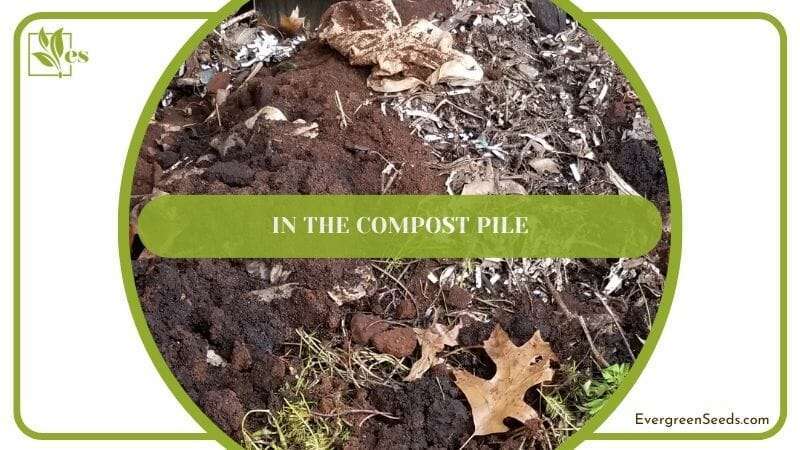
Coffee grounds have an incomparable carbon-nitrogen ratio; they make an excellent addition to your compost.
Maintaining the carbon ratio in your compost is necessary to help the grounds decompose properly and not get musty from nitrogen-rich materials like grass clippings, leaves, and food scraps.
A good way of balancing nitrogen is to add a fistful of carbon-rich materials like leaves and wood chips. Make sure to place them on top of the compost to lessen the odor and the unwanted flies.
References
- Lisa Ogden. (2017). PLANTS WITH PERK. Barnyards & Backyards.
Retrieved from https://www.uwyo.edu/barnbackyard/_files/documents/magazine/2017/summer/plantsperk0717.pdf - Ashley Hamer. (August 01, 2019). Whatever You Do, Don’t Put Coffee Grounds in Your Garden. Discovery.
Retrieved from https://www.discovery.com/science/Coffee-Grounds-in-Your-Garden - Used appropriately, coffee grounds improve soil and kill slugs. Oregon State University.
Retrieved from https://extension.oregonstate.edu/gardening/soil-compost/coffee-grounds-composting












